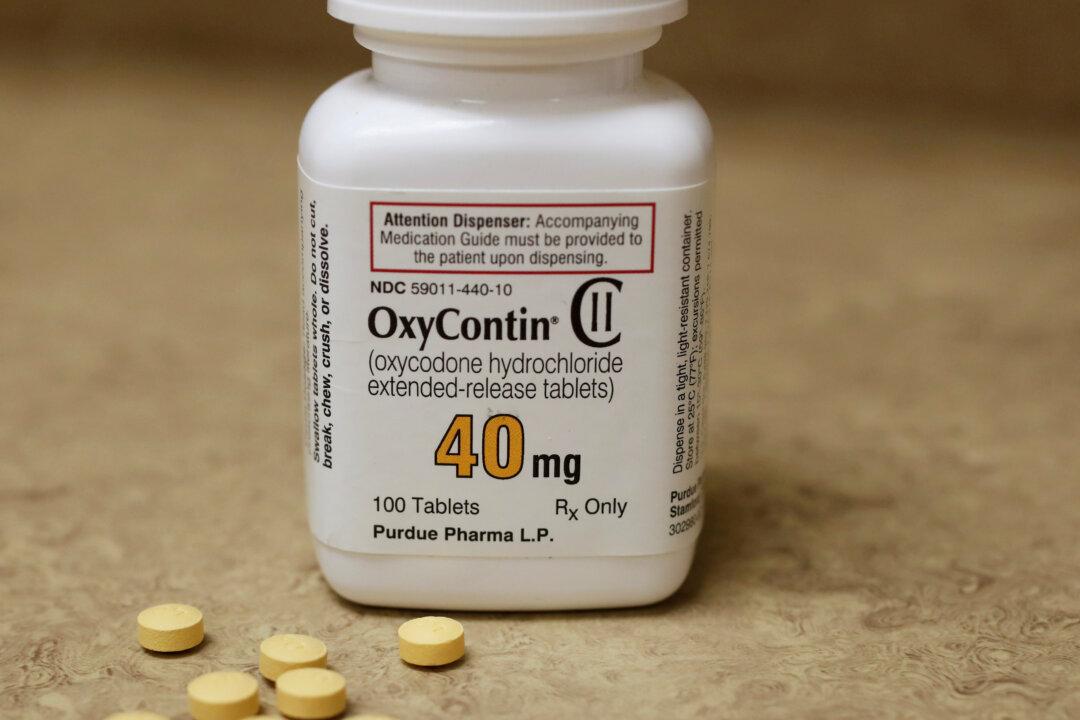Pharmaceutical company Purdue Pharma, which recently filed for bankruptcy after thousands of lawsuits alleged that the company helped fuel an opioid epidemic in the United States, moved up to $13 billion in profits to the company’s controlling family, the Sacklers, according to an unspecified number of U.S. states.
The states said the Sacklers received the money from Purdue during an unspecified time frame, according to court documents and portions of a deposition filed in the drugmaker’s bankruptcy proceedings on Oct. 3 and 4. The company ultimately transferred $12 billion or $13 billion to the family, a company adviser testified in a deposition that was revealed in recent court filings.





